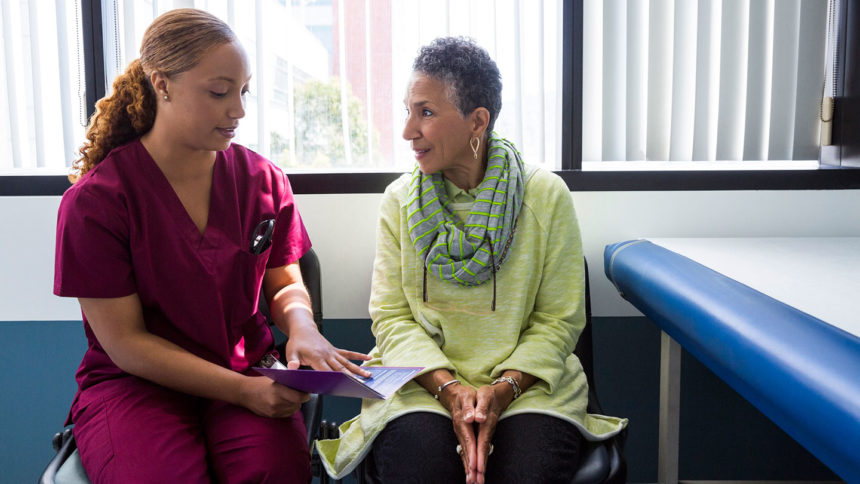
Patients may be more likely to be vaccinated against COVID-19 when clinicians share personal vaccination stories on social media, new research from the University of Pittsburgh Medical Center suggests.
Investigators surveyed healthcare providers at UPMC Western Psychiatric Hospital and also analyzed a sample of thousands of their tweets. Survey respondents told “really compelling, heartwarming reasons” about why they got vaccinated, but most didn’t share those stories on social media, reported lead author Beth Hoffman, M.P.H., and colleagues.
Of the 511 healthcare workers who responded between April and June 2021, 93% reported receiving at least one COVID-19 vaccine dose, and a third reported posting about it on social media. Among individuals who tweeted about their COVID-19 vaccination, most were either positive or neutral about the experience, but only 14% included a personal narrative, the researchers said.
Many patients at the hospital are vaccine-hesitant, in part due to historical and cultural issues related to trust, the investigators noted. And prior research has shown that tweets in which physicians share personal stories are effective in inspiring others to action, the authors said.
The investigators believe that sharing new messages about COVID-19 vaccination can help clinicians connect with patients, colleagues and community members. The authors also support brief, nonconfrontational clinician-patient dialogues called “motivational interviewing.” These can help facilitate health-related behavior change, they said. From the clinician survey and tweets, the authors identified “freedom” as a potential motivational theme, such as having “freedom from fear” once vaccinated.
Thoughtful feedback
“Talking with someone about the COVID-19 vaccine doesn’t have to be a time-consuming lecture — in fact, that probably won’t work,” coauthor Cassandra Boness, Ph.D., of the University of New Mexico said. “Rather, hearing their concerns, sharing personal experiences and giving thoughtful feedback that validates and explores those concerns — something that can take less than 10 minutes — is far more powerful,” she said.
In addition to these insights, the study results suggested that efforts to ease vaccine hesitancy should also include addressing misinformation regarding vaccination and reproductive health, and making vaccine clinics accessible and convenient.
The study was published in the Journal of Community Health.
Related articles:
Use the ‘5 C’s’ to tackle COVID vaccine hesitancy, physicians say




